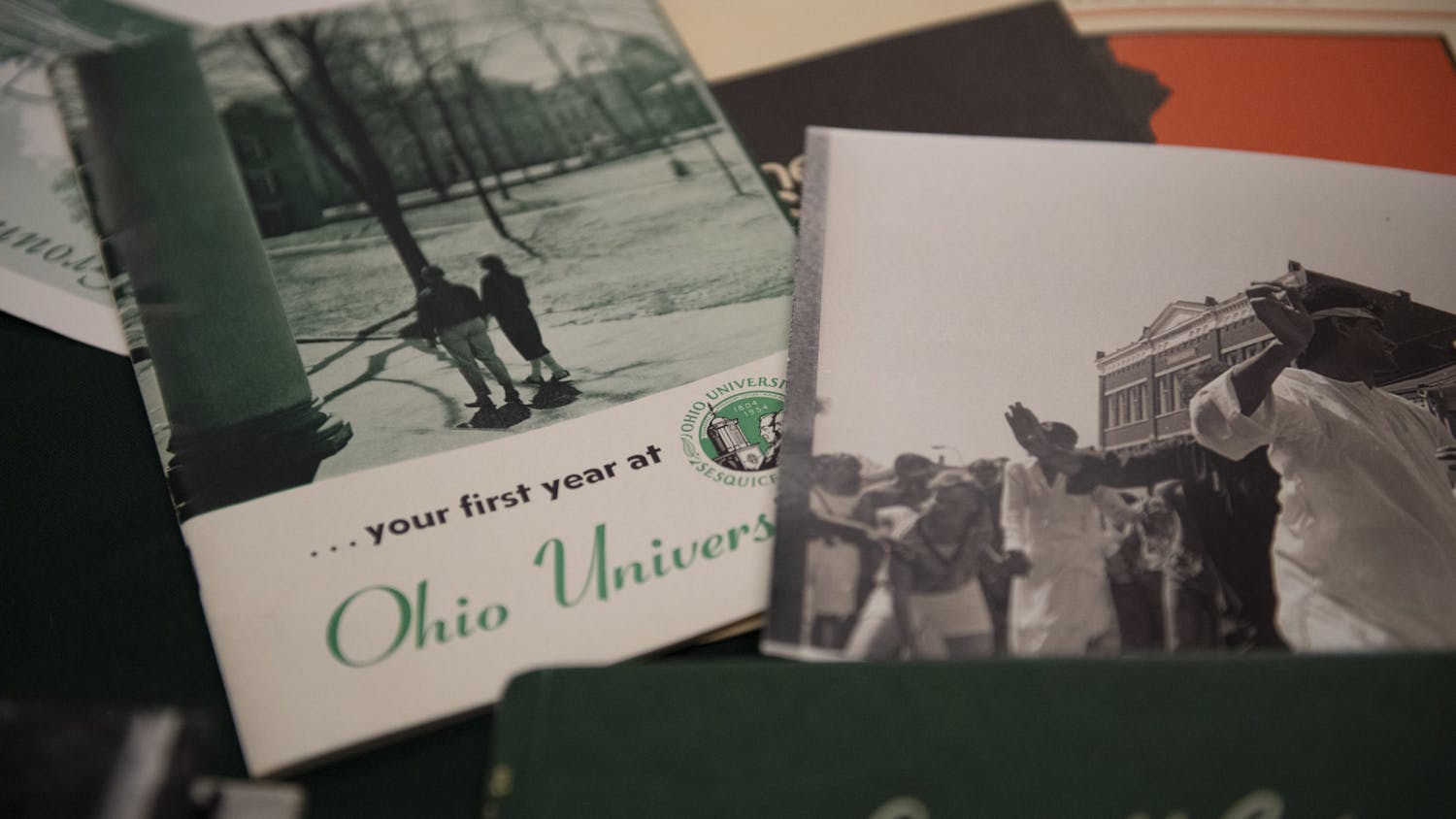More than 600 detrimental chemicals could permeate 95 percent of Athens’s drinking water supply if hydraulic fracturing begins at Wayne National Forest — a possibility weighing heavy on the minds of Ohio legislators and Athens city officials.
“Has anyone seen Gasland?” said Bill Bias, Athens City Council president. “When you can light your kitchen sink on fire, you’ve got a problem.”
The harmful health and environmental effects have several state legislators so concerned that yesterday a bill was introduced that could halt the spread of the practice in the state.
House Bill 345, introduced by State Reps. Denise Driehaus, D-31st, and Tracy Heard, D-26th, would put a moratorium on hydraulic fracturing in Ohio until the U.S. Environmental Protection Agency completes a study of its effects on drinking water.
“Once the report from that study has been published, we will have a better understanding of how this procedure of ‘fracking’ affects our drinking water,” Driehaus said in a news release. “There are too many questions that still need to be answered regarding our constituents’ safety.”
The bill would allow the state to make appropriate and cautious decisions in the interest of protecting drinking water throughout the state, Heard said.
The vast majority — 95 percent — of Athens’s drinking water is drawn from an aquifer that runs directly beneath the 3,302 acres of land for lease at Wayne National Forest.
“We could see it as close as Strouds Run,” Bias said. “It’s scary.”
Another bill will be introduced in the coming weeks by Rep. Nickie Antonio, D-13th, and Rep. Teresa Fedor, D-47th, which would establish rules for the chemicals used in fracking and how they are disposed to protect drinking water.
The bill requires a list of all chemicals and substances used to stimulate the well along with documentation identifying where and how the owner will dispose of the processed water, Antonio said.
It would also include a 7 percent overriding royalty to fund the testing and repair of water polluted by fracking, she added.
Although it remains unclear whether the Ohio House and Senate will pass either bill, Antonio said she hopes the House grants them sponsor testimony soon.
“We are trying to push it through as quickly as possible,” she said.
Despite their efforts, Bias is doubtful the bills will get anywhere.
“It’s a good thing. I just don’t have much hope it will get through the Republicans,” Bias said.
as218907@ohiou.edu





